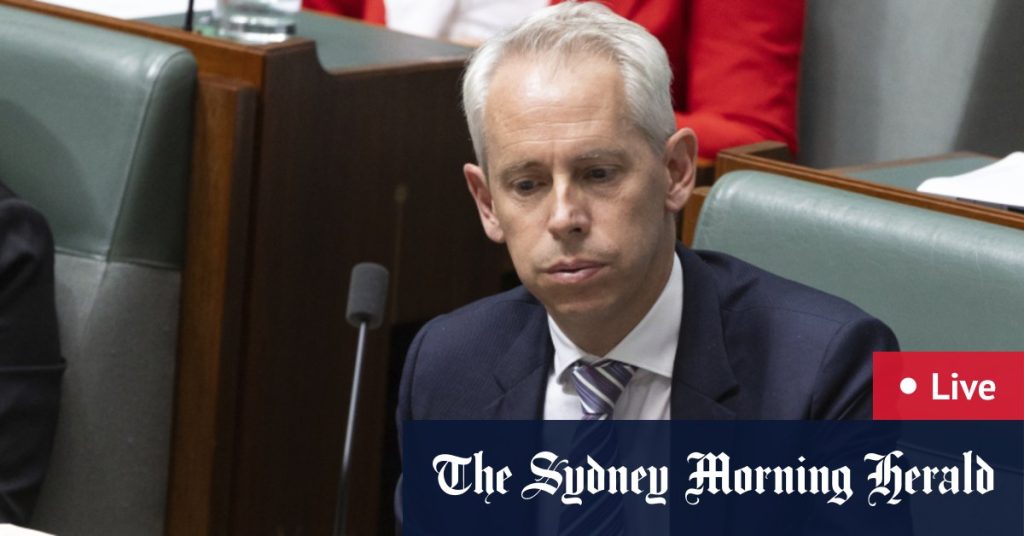The outback town of Alice Springs recently lifted its youth curfew, which had been in place since March in response to escalating violence. Despite legal concerns over the curfew’s legality, Chief Minister Eva Lawler extended it for six days until this morning. Additional police officers, including those from South Australia, will remain in the town along with government social workers to support families. The focus now is on getting every child back to school and families back into the community.
Under the curfew, children under 18 were not allowed in central Alice Springs between 6pm and 6am. The NT Chamber of Commerce noted that the curfew was beneficial for local businesses, but some people remain cautious as they believe it may have pushed crime into other areas. The initial imposition of the curfew followed a surge in violence sparked by the death of an 18-year-old in a car crash in March, which led to clashes between rival families and an attack at the Todd Tavern. Law enforcement made numerous arrests and confiscated over 50 weapons including spears, axes, and clubs.
Lawler highlighted the importance of collaboration with NGOs to address the underlying issues contributing to youth crime. The focus now is on ensuring all children in Alice Springs return to school, and families are supported in getting their children back on track. Despite the end of the curfew, there will still be staff patrolling the streets every night in coordination with NGOs. The government is emphasizing the importance of community engagement and support in addressing the root causes of violence and ensuring the safety and well-being of young people in Alice Springs.
While the curfew provided temporary relief for some businesses, concerns remain about the potential displacement of crime to other areas of the town. The impact of the curfew on local residents, businesses, and the overall community is still being assessed. Moving forward, there is a need for a comprehensive approach that addresses the social and economic factors contributing to crime in Alice Springs. The focus is now on creating a safe and supportive environment for young people to thrive and for families to access the necessary resources and support.
The lifting of the curfew marks a significant shift in the approach to addressing youth crime in Alice Springs. The government’s emphasis on collaboration with NGOs and community engagement signals a more holistic and sustainable approach to tackling the root causes of violence and crime. Moving forward, there is a renewed focus on education, community involvement, and support for families to create a safer and more resilient environment for young people. The ongoing presence of police officers and social workers highlights the continued commitment to ensuring the well-being of residents and addressing the underlying issues that contribute to violence and crime in the town.















